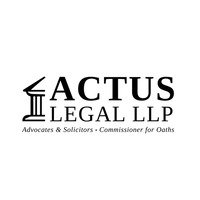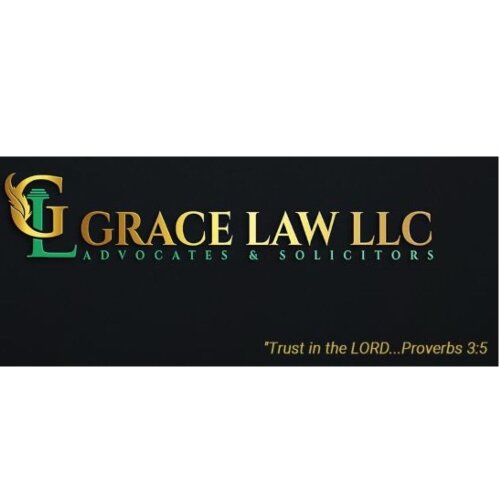Best Work Injury Lawyers in Chinatown
Share your needs with us, get contacted by law firms.
Free. Takes 2 min.
List of the best lawyers in Chinatown, Singapore
About Work Injury Law in Chinatown, Singapore
In Chinatown, Singapore, work injury law primarily falls under the provision of the Work Injury Compensation Act (WICA). This law helps to ensure that employees who suffer from injuries or diseases due to their employment can receive the necessary compensation without having to file a lawsuit. It encompasses all types of injuries, from minor incidents to life-threatening conditions, that might occur in the workplace or during work-related activities.
Why You May Need a Lawyer
While the WICA aims to make the process of claiming compensation simpler, having a lawyer specializing in Work Injury law can be helpful. Clients often employ lawyers in scenarios where the nature of injury is highly severe, their claims are being disputed by employers, they are uncertain of how to calculate their rightful compensation, or they need advice on whether to claim under common law or the WICA. A lawyer can provide valuable guidance and representation to navigate the complex legal processes.
Local Laws Overview
The WICA is the key piece of legislation relevant to work injuries in Singapore. It mandates that companies must pay compensation for medical leave wages, medical expenses, and lump sum compensation for permanent incapacity or death. Compensation thresholds can vary based on the severity of the injury and the impacted individual's salary. Failure to comply with these laws can result in severe penalties for employers, including fines and imprisonment.
Frequently Asked Questions
1. Can I claim compensation if I am a foreign worker?
Yes, under the WICA, both local and foreign workers are entitled to work injury compensation in Chinatown, Singapore.
2. How long do I have to file a claim?
You have within one year of the accident or when you become aware of your occupational disease to make a claim.
3. What kind of injuries are covered under WICA?
WICA covers a wide range of work-related injuries including physical injuries, industrial diseases, and mental disorders if they are a direct result of work activities.
4. Can I sue my employer if I am unhappy with my compensation?
Yes, you have the option to make a claim under common law. However, this choice should be evaluated as you cannot claim from both WICA and common law.
5. Who pays for the work injury compensation?
The employer is responsible for paying work injury compensation. However, they are usually covered by work injury compensation insurance.
Additional Resources
For more information, you can refer to the Ministry of Manpower's (MOM) official website. Additionally, the Community Legal Clinic in Chinatown can provide legal counsel for those unable to afford a lawyer.
Next Steps
If you require legal assistance with a work injury case, the first step is to seek out and consult with a lawyer who specializes in work injury claims. They can offer advice tailored to your circumstances, helping you understand your rights and the best course of action. Remember to bring along all relevant documentation when you meet your lawyer for the first time.
Lawzana helps you find the best lawyers and law firms in Chinatown through a curated and pre-screened list of qualified legal professionals. Our platform offers rankings and detailed profiles of attorneys and law firms, allowing you to compare based on practice areas, including Work Injury, experience, and client feedback.
Each profile includes a description of the firm's areas of practice, client reviews, team members and partners, year of establishment, spoken languages, office locations, contact information, social media presence, and any published articles or resources. Most firms on our platform speak English and are experienced in both local and international legal matters.
Get a quote from top-rated law firms in Chinatown, Singapore — quickly, securely, and without unnecessary hassle.
Disclaimer:
The information provided on this page is for general informational purposes only and does not constitute legal advice. While we strive to ensure the accuracy and relevance of the content, legal information may change over time, and interpretations of the law can vary. You should always consult with a qualified legal professional for advice specific to your situation.
We disclaim all liability for actions taken or not taken based on the content of this page. If you believe any information is incorrect or outdated, please contact us, and we will review and update it where appropriate.











